Module: Johann Michael Vansleb
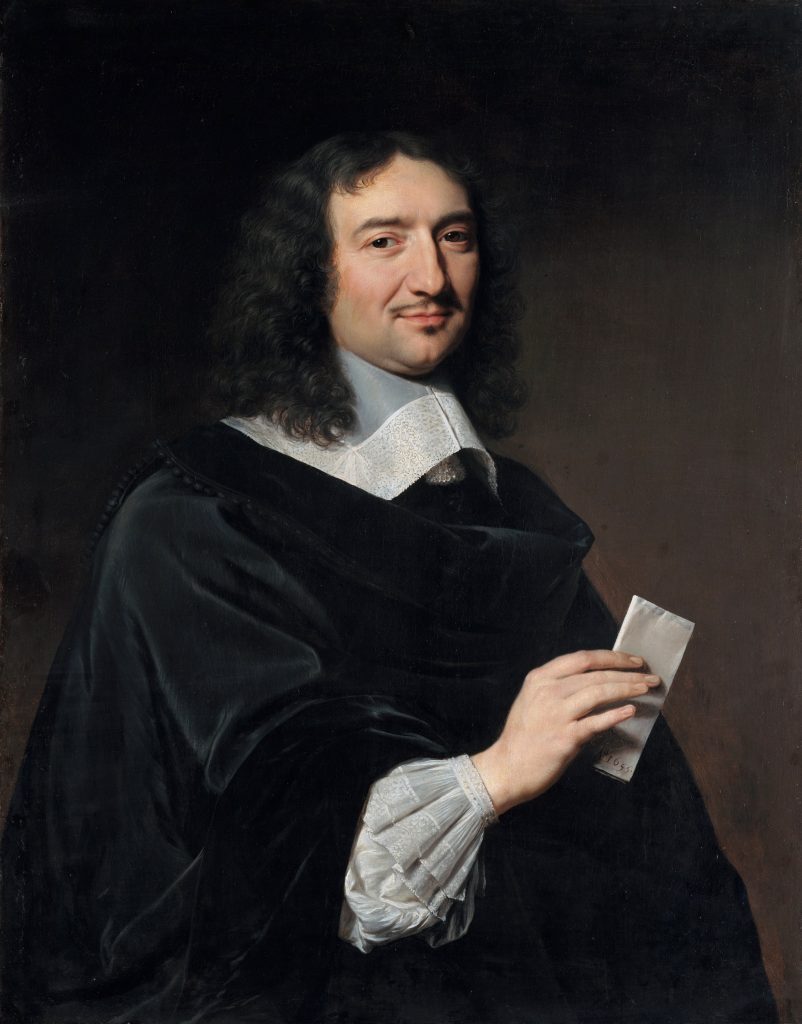
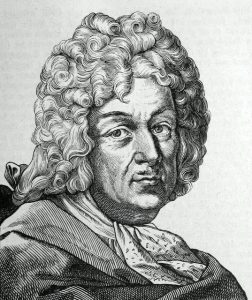
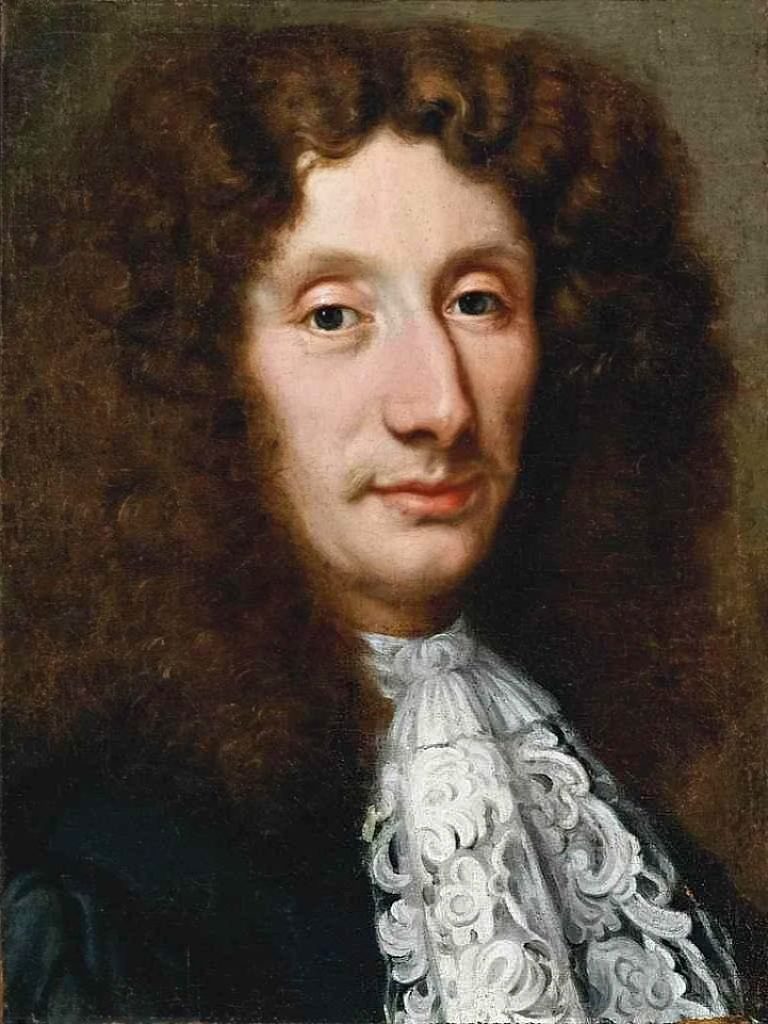
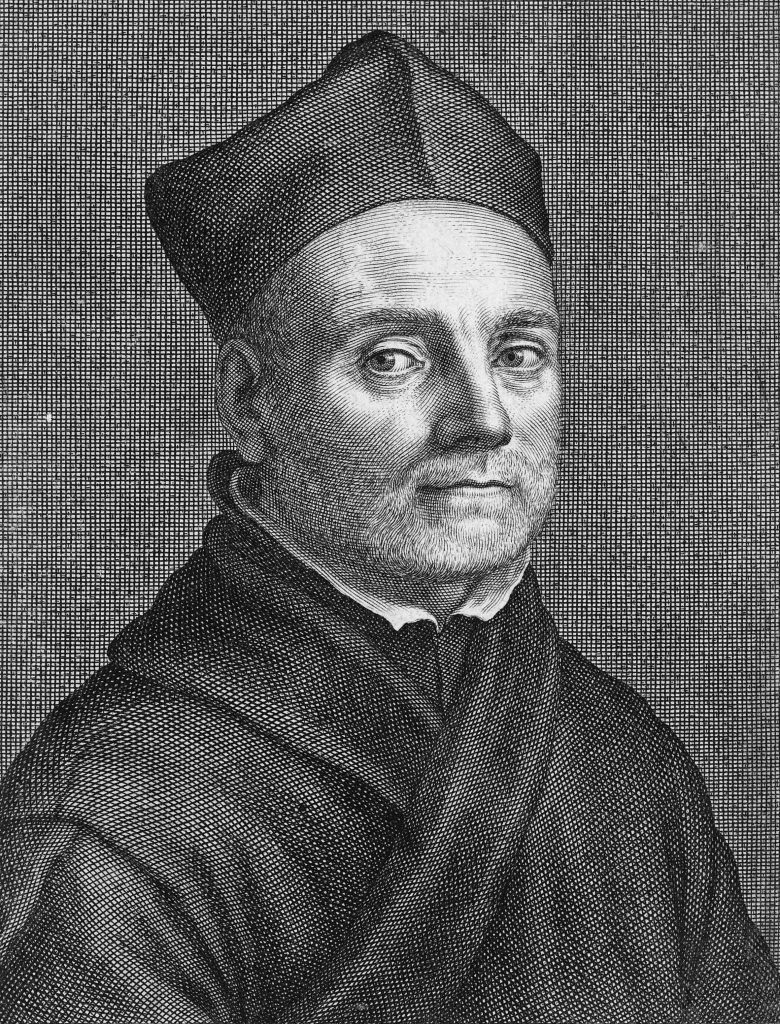
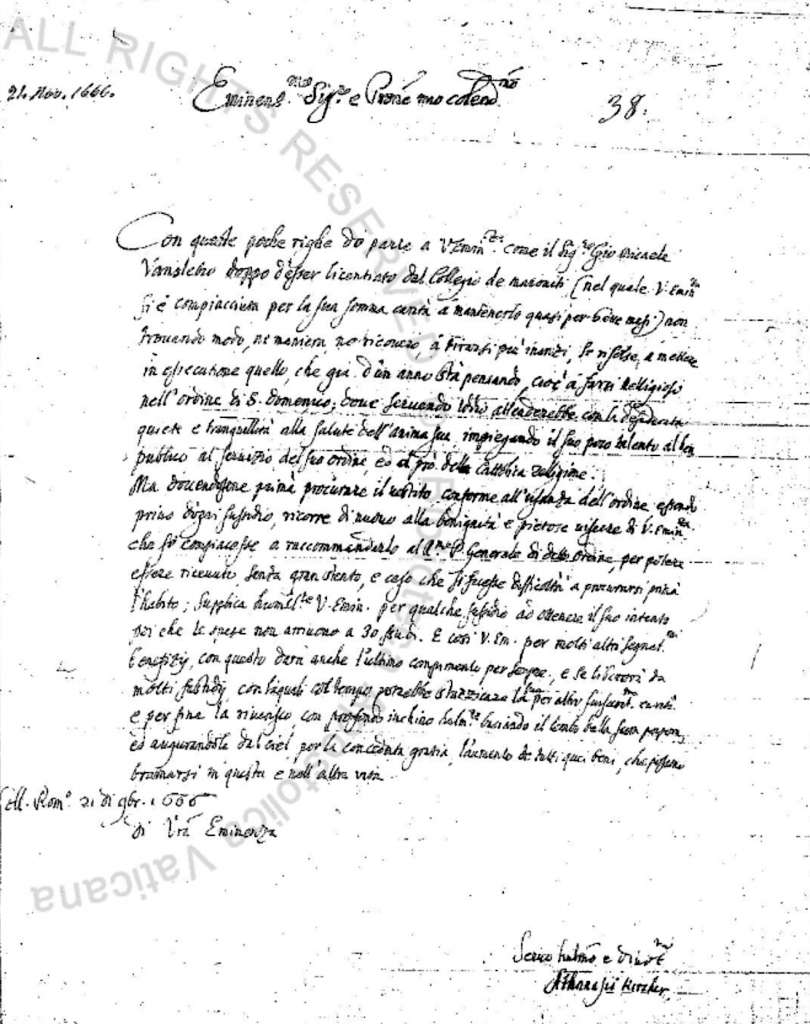
Exercises
-> Both Ludolf and Colbert were disappointed with Vansleb. What were their positions and how did they change over time? What were Vansleb’s motives? Do you think their critique was justified?
-> Especially in protestant, German accounts Vansleb is portrayed negatively for a long time, only changing in the past decades. The difference is striking compared to French accounts. A big part in that played Pougeois, read his account here: Pougeois, Alexandre. 1869. Vansleb, savant orientaliste et voyageur. Sa vie, sa disgrâce, ses œuvres, par M. l’abbé A. Pougeois. Paris: Didier.
-> Take a look at a letter by German polymath Athanasius Kircher (1602 – 1680) mentioning Vansleb: https://digi.vatlib.it/view/MSS_Barb.lat.6467
-> Polymath Francesco Redi (1626–1697), one of the most important scientists of the 17th century, member of the Accademia del Cimento, on Vansleb:
-> Claude Sicard asked to be sent Vansleb’s travel account to improve his map -> a link to our other manuscript hunter Assemani
-> What do you learn from the accounts of those scientists mentioning Vansleb? How do they characterise him?
-> How did Vansleb contribute to Middle Eastern studies, especially with regards to Ethiopian and Coptic studies? Read: Hamilton, Alastair. 2006. The Copts and the West, 1439-1822. The European Discovery of the Egyptian Church. Edited by Charles Hope and Ian McLean. Oxford-Warburg Studies. Oxford: Oxford University Press.





Exercises
-> Both Ludolf and Colbert were disappointed with Vansleb. What were their positions and how did they change over time? What were Vansleb’s motives? Do you think their critique was justified?
-> Especially in protestant, German accounts Vansleb is portrayed negatively for a long time, only changing in the past decades. The difference is striking compared to French accounts. A big part in that played Pougeois, read his account here: Pougeois, Alexandre. 1869. Vansleb, savant orientaliste et voyageur. Sa vie, sa disgrâce, ses œuvres, par M. l’abbé A. Pougeois. Paris: Didier.
-> Take a look at a letter by German polymath Athanasius Kircher (1602 – 1680) mentioning Vansleb: https://digi.vatlib.it/view/MSS_Barb.lat.6467
-> Polymath Francesco Redi (1626–1697), one of the most important scientists of the 17th century, member of the Accademia del Cimento, on Vansleb:
-> Claude Sicard asked to be sent Vansleb’s travel account to improve his map -> a link to our other manuscript hunter Assemani
-> What do you learn from the accounts of those scientists mentioning Vansleb? How do they characterise him?
-> How did Vansleb contribute to Middle Eastern studies, especially with regards to Ethiopian and Coptic studies? Read: Hamilton, Alastair. 2006. The Copts and the West, 1439-1822. The European Discovery of the Egyptian Church. Edited by Charles Hope and Ian McLean. Oxford-Warburg Studies. Oxford: Oxford University Press.


